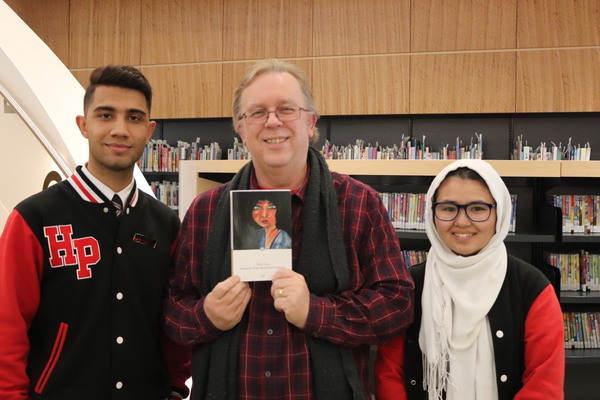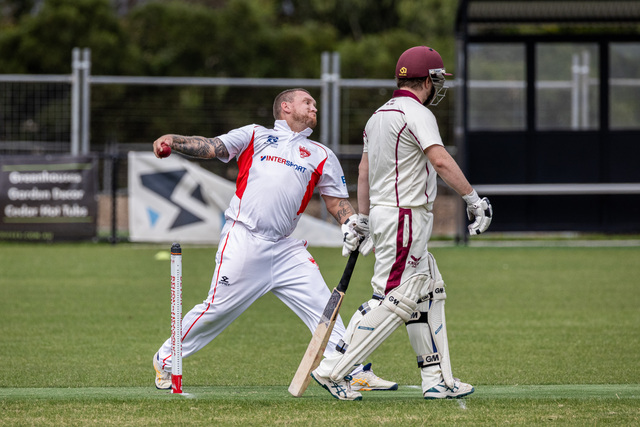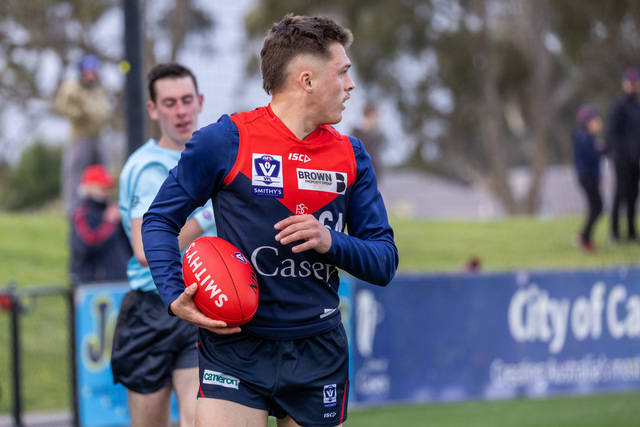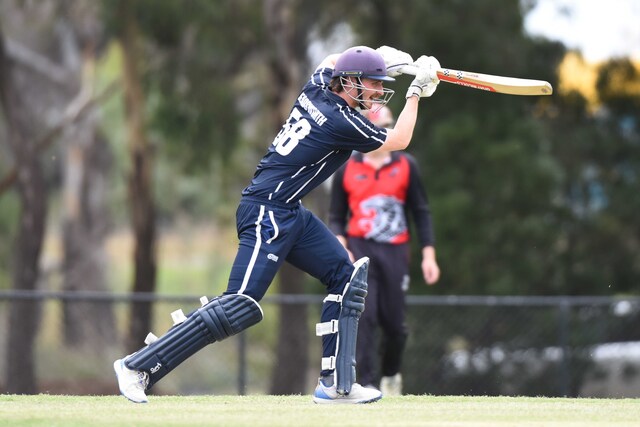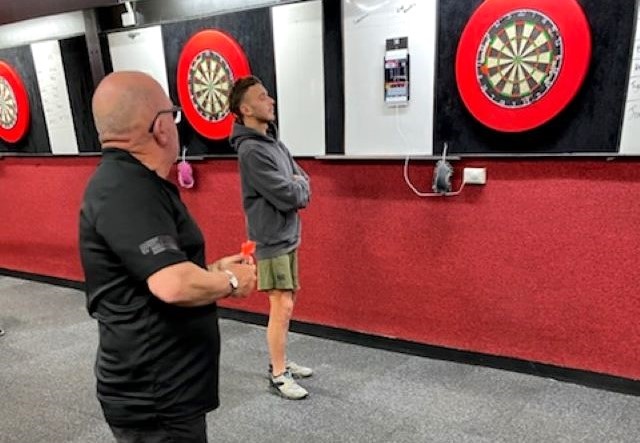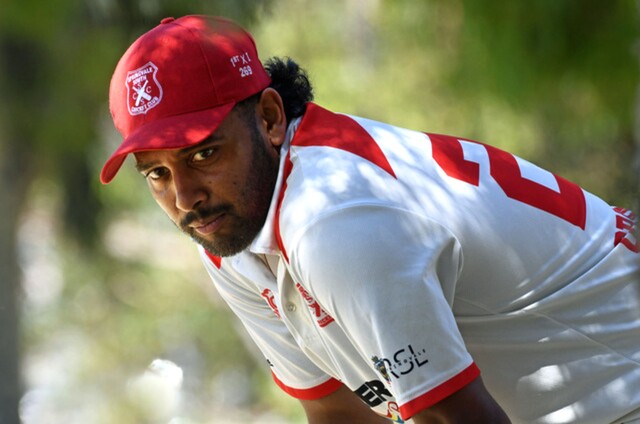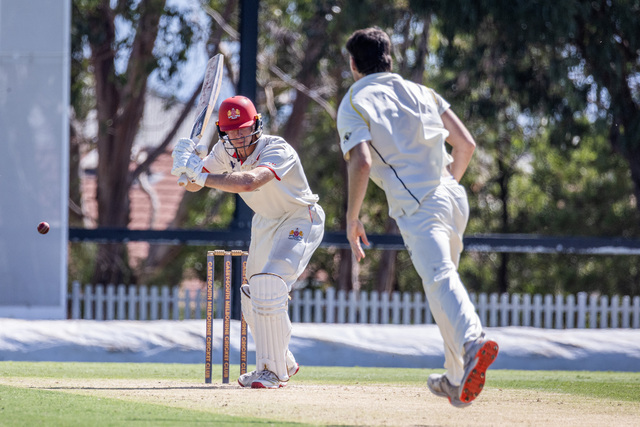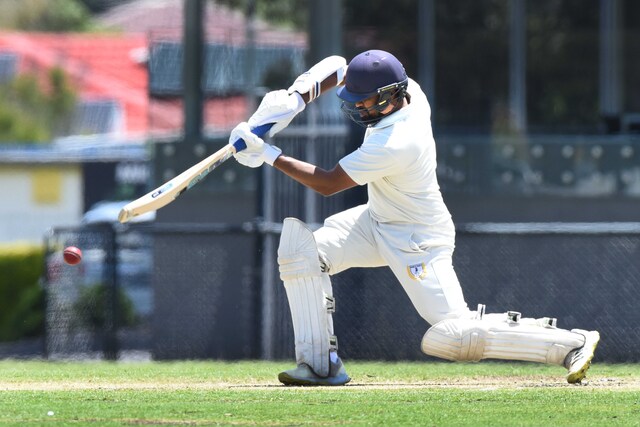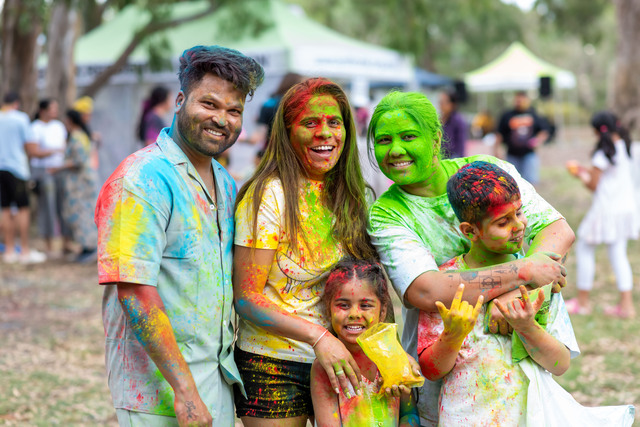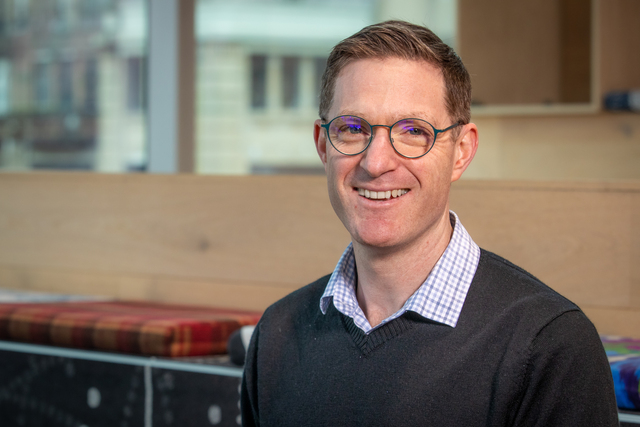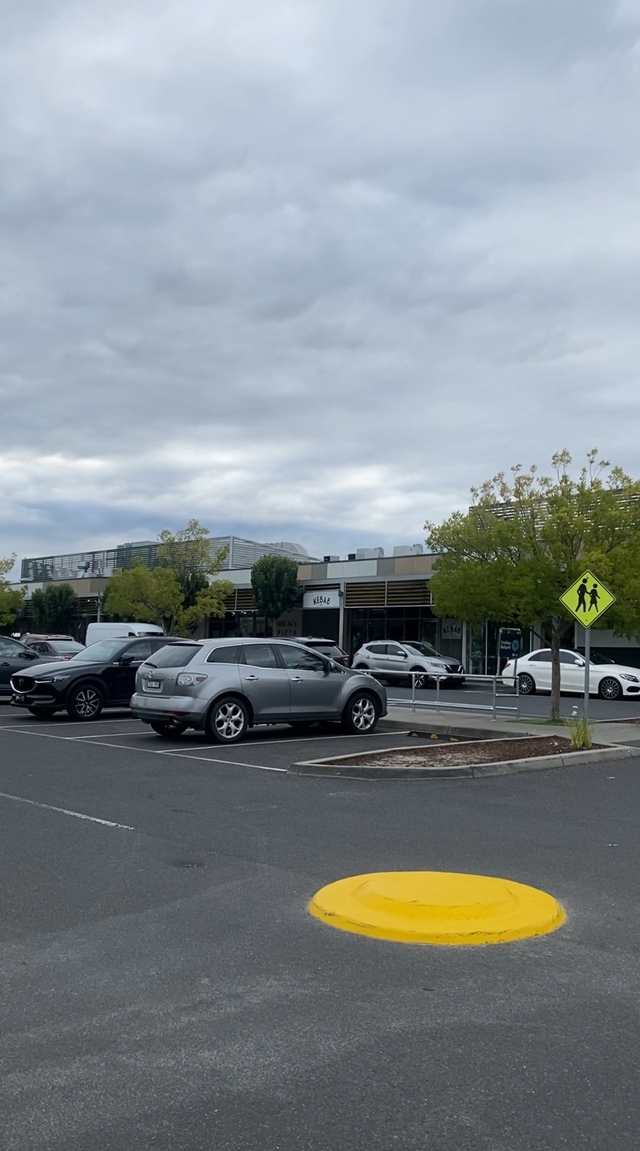In a school of more than 60 cultures, many of whom have indeed come across the seas to share in Australia’s boundless plains, there are certain to be some stories.
There are stories of trauma, stories of displacement and stories of fear – but also stories of hope, as Geoff Shinkfield, English teacher at Hampton Park Secondary College discovered late last year.
Inspired by a student who wanted to share the tale of his journey from Afghanistan to Australia in order to honour his family, Mr Shinkfield asked his other students if they would like to share their own stories in a book.
“I said, ‘put your hands up if you want to be involved’ and so many people put their hands up,” he says.
Students workshopped their draft pieces over the next few months. Some found it difficult to express themselves in story form and opted to write poetry instead, and even teachers and teacher aides asked to be involved. Others broke down, too traumatised to put their experience into words.
Emotionally, Mr Shinkfield says, the texts don’t hold back.
“A lot will make you cry. It was very hard for the kids and also some of the teachers to write these stories, because they’re so personal, so emotional.”
Finally, in the last week of term 4 2018, the book was published.
Titled ‘Tales from Hampton Park SC 2018’, it was released to the school community at the 2018 awards night. Some students read their contributions out, and Mr Shinkfield made a speech about the importance of recording the stories.
“I remember asking the audience of about 500 people how many of them are refugees, and over a third of that audience stood up. And you just suddenly realise there’s this huge population of refugees living in our area,” he explains.
Many of the students are themselves refugees who experienced journeys on boats to get to Australia. Some of the teachers have friends on Manus Island who didn’t make it before the change to Australia’s border laws in 2012.
A common thread amongst Afghani students, who are Hazaras, is their suffering at the hands of the Taliban.
The book has been designed as an “educational tool” as well as a means of giving voice to refugees, Mr Shinkfield says, to help people understand what the refugee and migrant population has experienced.
“It is designed to bring these people together and to give them voice and to recognise them and equally to educate the students who are not from refugee or migrant backgrounds in the school.
“The people who are reading this who have no idea about refugees, who have never expressed any interest in learning about refugees, have been blown away by these stories. Some have found it very difficult to read. But they’ve told me they had no idea we had kids in our schools who’ve gone through these traumas like seeing people blown up in front of them, or buildings blown up, or parents shot in front of them.”
But there is also positivity amongst the darkness.
“The flipside of a refugee story is they’re settling into Australia and finding their feet in a new country and you see that in some of their stories,” he says.
Already, other schools and organisations – even in other parts of the world – are discovering the book’s value for their communities.
Mr Shinkfield says it is a source of pride for the school.
“They’re all very proud of this book. It’s our book of refugee stories. I think it’s an achievement for us to do it and we’re very pleased with the final product.”
Tales from Hampton Park SC 2018 is available online at https://www.launchpad.vic.edu.au/product-page/tales-from-hampton-park-sc-2018.

